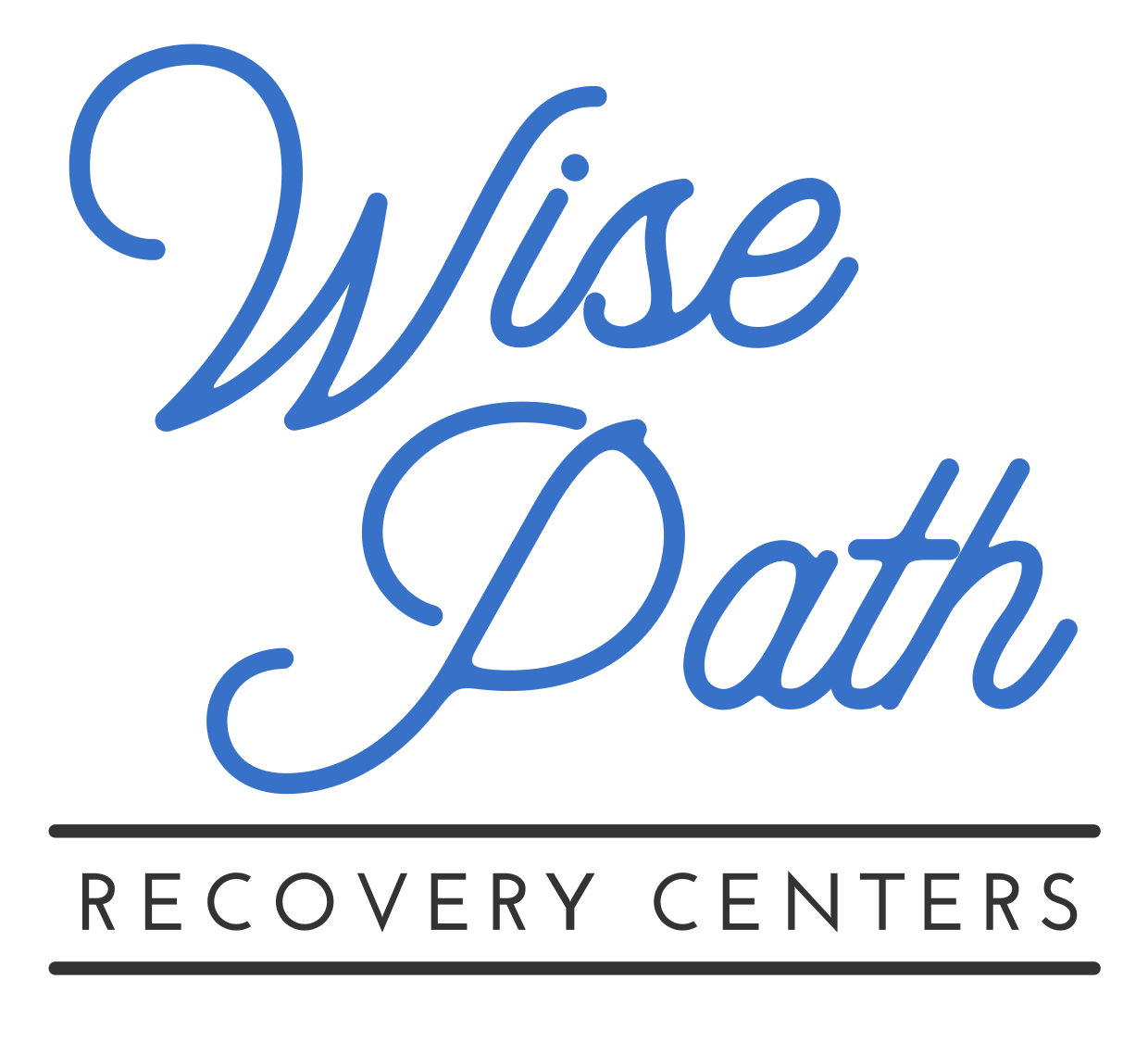Kratom has become increasingly visible in recent years, showing up in smoke shops, online marketplaces, and even energy drinks. Some people turn to it for pain relief, energy, or stress management. Others use it as a substitute for opioids or alcohol. While it may appear natural and harmless, kratom carries real risks that are often overlooked. This article explains what kratom is, its side effects, withdrawal symptoms, and what to know if you or a loved one is struggling with its use.
What Is Kratom, and How Does It Affect the Body?
Kratom comes from the leaves of a tropical tree native to Southeast Asia. The plant contains compounds called alkaloids, the most notable being mitragynine and 7-hydroxymitragynine. These chemicals interact with the same receptors in the brain that opioids affect, which explains why kratom can reduce pain and create a sense of euphoria.
At lower doses, kratom may feel stimulating, while at higher doses it can feel sedating. People typically consume it as a tea, capsule, or powder mixed with beverages. Because of its opioid-like effects, regular use can lead to physical dependence.
Common Kratom Side Effects You Should Know About
Although some users initially experience energy or pain relief, kratom can also trigger unpleasant and sometimes dangerous side effects. These may include:
- Nausea and vomiting
- Constipation
- Dizziness or drowsiness
- Rapid heart rate
- Sweating and itching
- Anxiety or irritability
In more serious cases, kratom has been linked to seizures, liver injury, and breathing difficulties, especially when combined with other substances. Contaminated or highly concentrated products can increase these risks.
Long-Term Kratom Use and Health Risks
With frequent use, the body adapts to kratom. People may find themselves needing larger amounts to feel the same effects, a sign of tolerance. Dependence can form over time, leaving users feeling unwell without it. Reports of kratom side effects long-term have also documented liver damage, mood disturbances, and, in rare cases, psychosis.
Another concern is product safety. Some kratom products sold in the United States have been found to contain heavy metals or harmful bacteria. Because kratom is not regulated in the same way as approved medications, quality and purity are unreliable.
Kratom Withdrawal Symptoms and Timeline of Detox
When someone who is dependent on kratom tries to stop, withdrawal symptoms may appear. These symptoms are often compared to a milder version of opioid withdrawal and can include:
- Irritability and anxiety
- Restlessness or insomnia
- Runny nose and watery eyes
- Muscle aches and cramps
- Sweating and chills
- Nausea, vomiting, or diarrhea
- Strong cravings
Withdrawal usually begins within a day of the last dose and can last several days. In some cases, mood changes and sleep issues linger longer. While withdrawal is rarely life-threatening, it can be extremely uncomfortable without support.

Treatment Options for Kratom Addiction and Dependence
If kratom use has become difficult to control, help is available. Substance abuse treatment in West Virginia may include:
- Medical supervision: A safe tapering plan or symptom management during withdrawal.
- Medication support: In some cases, medications used for opioid withdrawal may help with severe dependence.
- Therapy and counseling: Addressing underlying anxiety, depression, or trauma that may contribute to kratom use.
- Recovery programs: Structured treatment that offers accountability and a path toward long-term healing.
A treatment plan is most effective when it is individualized and takes into account both physical and emotional health.
Is Kratom Legal, and How Is It Regulated in the United States?
At the federal level, kratom is not approved for any medical use. The Food and Drug Administration (FDA) has issued warnings about the risks and dangers of kratom, including liver injury, seizures, and substance use disorder.
Regulations vary by state. Some states ban kratom outright, while others allow sales with restrictions on age or labeling.
Drug & Alcohol Rehab and
Addiction Treatment in West Virginia
Get in touch with our recovery center today at 866-860-9772
Dangers of Mixing Kratom with Other Substances
Mixing kratom with opioids, alcohol, or sedatives like benzodiazepines can magnify its depressant effects on the nervous system. This increases the risk of slowed breathing, loss of consciousness, or overdose. Even combining kratom with common medications may carry risks since kratom affects the liver and can interfere with how other drugs are processed.
Kratom Use During Pregnancy and Breastfeeding Risks
Very little research has been done on kratom during pregnancy, but case reports suggest that infants exposed in the womb may experience withdrawal after birth. Because kratom interacts with opioid receptors, it is not considered safe in pregnancy or while breastfeeding. Pregnant or nursing individuals who are using kratom should speak with a healthcare provider before making any changes.
Harm Reduction Tips for People Using Kratom
If you’re not ready to quit, harm reduction strategies can lower risks:
- Avoid combining kratom with alcohol, opioids, or sedatives.
- Stay away from concentrated extracts, which carry a higher risk of dependence.
- Use the lowest dose possible for the shortest time.
- Look for products tested by independent labs, since contamination is common.
While these steps don’t eliminate the risks, they can help reduce the chance of severe complications.
Drug & Alcohol Rehab and
Addiction Treatment in West Virginia
Get in touch with our recovery center today at 866-860-9772
How Wise Path Recovery Centers Can Help with Kratom Use
If kratom has started to control your day, you’re not alone. Wise Path Recovery Centers offers compassionate, evidence-based care for substance use and co-occurring mental health needs. We will help you build a plan that fits your life, whether that means a careful taper, medical support for withdrawal, or a higher level of care. Our team can also address anxiety, depression, trauma, and pain that often sit underneath kratom use. Reach out today to talk through your options, and let us come alongside you as you take a step toward healing.
Frequently Asked Questions About Kratom
Can you build a tolerance to kratom over time?
Yes, with repeated use, many people find they need larger amounts of kratom to feel the same effects. This tolerance can make it harder to stop and may increase the risk of dependence.
Does kratom interact with prescription medications?
Kratom is processed by the liver, which is the same pathway used by many prescription drugs. This means it can interfere with how certain medications work or increase their side effects. Anyone taking prescribed medicine should speak with a healthcare provider before using kratom.
How does kratom affect mental health?
Some people report short-term relief from anxiety or low mood, but regular kratom use can worsen mental health over time. It may contribute to irritability, mood swings, or depression, especially when use becomes heavy or prolonged.
Is kratom safe for long-term daily use?
There is no evidence showing that daily kratom use is safe. In fact, long-term users report health problems, such as liver damage, digestive issues, and dependence. The risks often outweigh any short-term benefits.
Can kratom cause withdrawal in newborns?
Yes, babies exposed to kratom during pregnancy have been reported to show withdrawal symptoms after birth. This makes kratom unsafe to use during pregnancy or while breastfeeding.

